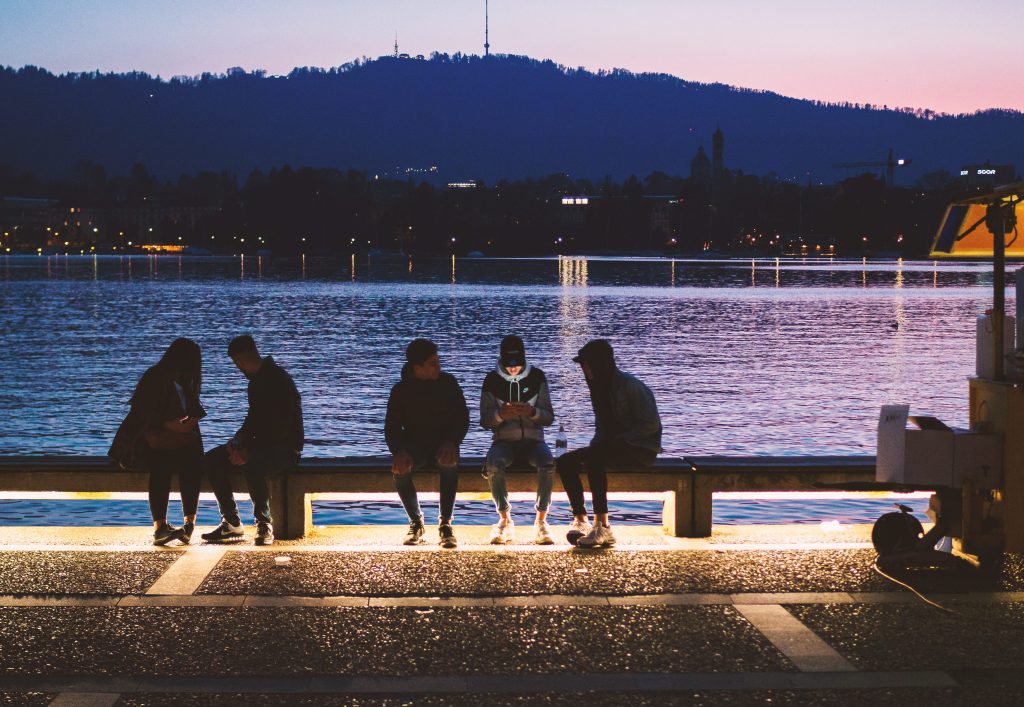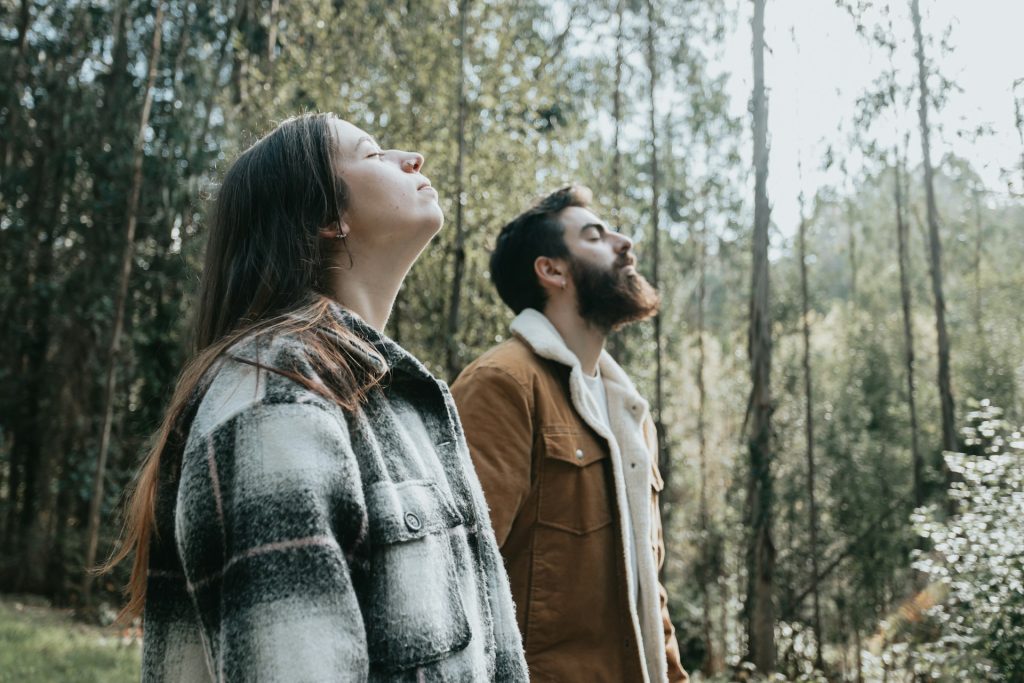Traveling alone is often seen as an act of independence — a way to escape routine, explore new places, and discover oneself. When I decided to embark on my first solo trip, I expected to spend a lot of time in quiet reflection, taking in new sights at my own pace. What I didn’t expect was how much solo travel would teach me about human connection. Ironically, traveling alone made me feel more connected to people than ever before.
1. Strangers Can Become Unexpected Friends

One of the first lessons I learned on my solo journey was that strangers aren’t always distant figures; many are simply friends you haven’t met yet. When you travel alone, you naturally become more approachable. Without the comfort of familiar faces, you find yourself starting conversations with fellow travelers in hostels, locals at cafés, or even someone sitting next to you on a long bus ride.
On my first night in a small coastal town, I joined a communal dinner at the hostel. By the end of the meal, I had shared stories with people from five different countries. We laughed, exchanged travel tips, and even planned a day trip together. These moments reminded me that meaningful bonds can form in the most unexpected settings, even if they’re brief.
2. Language Is Only One Form of Communication
While exploring a rural village where English wasn’t widely spoken, I found myself relying on smiles, hand gestures, and simple words. Initially, the language barrier felt intimidating. But slowly, I realized that human connection goes far beyond words.
A shopkeeper once went out of his way to help me find a bus, despite us barely understanding each other. With a mix of gestures, drawings on a piece of paper, and genuine kindness, we communicated effectively. That experience showed me that empathy and intention are universal languages. A sincere smile, a helping hand, or shared laughter can bridge gaps that words sometimes can’t.
3. Vulnerability Creates Deeper Bonds

Solo travel naturally puts you in situations where you’re a little vulnerable. Whether it’s navigating unfamiliar streets, asking for directions, or admitting you don’t know the local customs, you learn to lean on others. This vulnerability, rather than weakening you, often opens doors to genuine connections.
I once got lost while hiking in a national park. A local family noticed my confusion and not only guided me back but invited me to join their picnic. We spent hours together, exchanging stories about our lives. That moment wasn’t about being a “tourist” or them being “hosts.” It was about two human experiences crossing paths, sharing kindness without expectations.
4. Brief Connections Can Leave Lasting Impressions
Not every connection formed during solo travel turns into a lifelong friendship. Some are fleeting — a single conversation at a train station or a shared laugh over a language mix-up. But many of these brief encounters leave a surprisingly strong mark.
I still remember a street musician in Lisbon who, after noticing me listening for a while, played a song from my home country. We exchanged just a few words afterward, but that small act made me feel seen and connected thousands of miles from home. It reminded me that sometimes, even the shortest interactions can have lasting emotional impact.
5. We Are All More Alike Than We Realize
Traveling through different cultures and communities exposed me to diverse traditions, cuisines, and ways of living. Yet beneath the surface, I noticed striking similarities: parents caring for their children, friends laughing over shared meals, couples holding hands as they walked through busy streets. These simple, universal scenes highlighted how much we, as humans, share at our core.
It’s easy to focus on differences, especially when cultures seem far apart. But solo travel helped me see that beneath different languages, religions, or customs, people everywhere crave connection, belonging, and understanding.
6. Human Connection Doesn’t Always Require Company

Ironically, being alone made me more aware of my own capacity for connection. Solo travel taught me to be fully present — to observe people more closely, listen more attentively, and appreciate interactions more deeply. Without the distraction of companions, I noticed subtle gestures and emotions that I might have overlooked before.
Even moments of solitude, like sitting alone in a bustling plaza or watching the sunset on a quiet beach, made me feel connected — not to one person, but to humanity as a whole. There’s a special kind of peace that comes from realizing you can be alone without feeling lonely.
Final Thoughts
Solo travel isn’t just about discovering new places; it’s about discovering new ways of relating to people. It strips away familiar comforts and routines, pushing you to interact more openly and genuinely. Through shared laughter, kind gestures, brief encounters, and unexpected friendships, I learned that human connection is everywhere — if you’re willing to embrace it.
In a world that often feels divided, solo travel reminded me that beneath all the differences, we share something profoundly human: the desire to connect.
